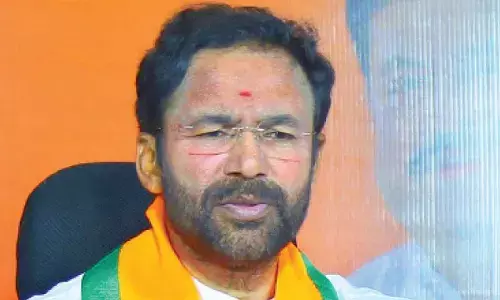On social media, your privacy is at risk even if you don't have an account

According to a recent study, on Facebook and Twitter, your privacy is at risk even if you dont have an account
According to a recent study, on Facebook and Twitter, your privacy is at risk even if you don't have an account.
How information moves on social media platforms, like Facebook and Twitter, has become a powerful factor in protest movements, national elections, and the rise and fall of commercial brands.
Individual choice has long been considered a bedrock principle of online privacy. If you don't want to be on Facebook, you can leave or not sign up in the first place.
While some believe that once they are off these platforms, their privacy is safe, the new study points toward the contrary.
The new study also shows that if a person leaves a social media platform--or never joined--the online posts and words of their friends still provide about 95% of the potential predictive accuracy, of a person's future activities--even without any of that person's data.
The study was published in the journal Nature Human Behavior.
As part of the study, the team of scientists, from the University of Vermont and the University of Adelaide, gathered more than thirty million public posts on Twitter from 13,905 users. With this data, they showed that information within the Twitter messages from 8 or 9 of a person's contacts make it possible to predict that person's later tweets as accurately as if they were looking directly at that person's own Twitter feed.
“when you sign up for Facebook or another social media platform you think you're giving up your information, but you're giving up your friends' information too!" says James Bagrow, lead researcher of the study.
"There's no place to hide in a social network," says Lewis Mitchell, a co-author on the study.
According to the researchers, findings of the study show that privacy on social media is like second-hand smoke. It's controlled by the people around you.











